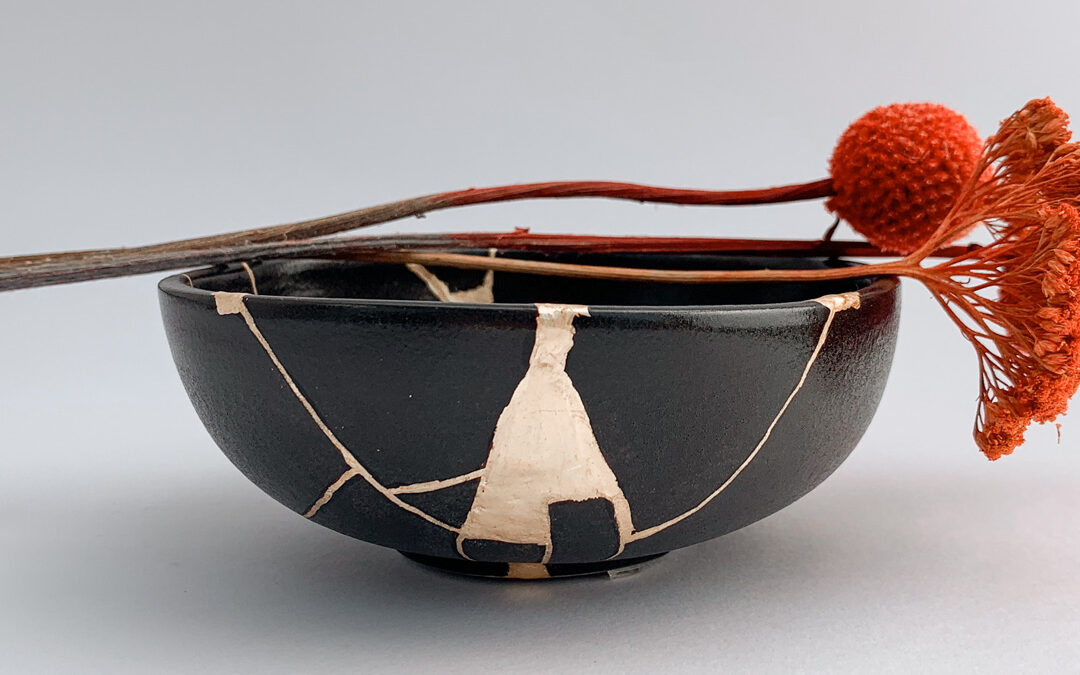One workday morning, I was in my Clinical Director’s office discussing rebranding ideas for our counseling practice. Suddenly, she says, “Look, I have it here on my bookshelf. This is exactly what we do at A Bridge to Recovery.” She was referring to a piece of Kintsugi pottery.
Kintsugi is the Japanese art of repairing broken objects with gold. Every beak is unique, and the repair process highlights the “scars” instead of trying to hide them. As a metaphor for healing ourselves, Kintsugi teaches us an important lesson: In repairing broken things, we create something more unique, beautiful, and resilient.
Those who struggle with addictions, depression, anxiety, and trauma attempt to hide their “scars” out of fear of ridicule, rejection, or personal shame. This only feeds the struggle and promotes disconnection from community, family, friends, etc.
Recovery involves embracing our whole selves, not just what we want others to see. It is in acceptance of the scars and allowing others to share in our recovery journey do we find healing.
I am reminded of a Brene’ Brown quote “When we deny our stories, they define us. When we own our stories, we get to write the ending.”
The staff at Bridge to Recovery celebrates the whole person for who they are and the difficulties that accompany addictions and other mental health struggles.

